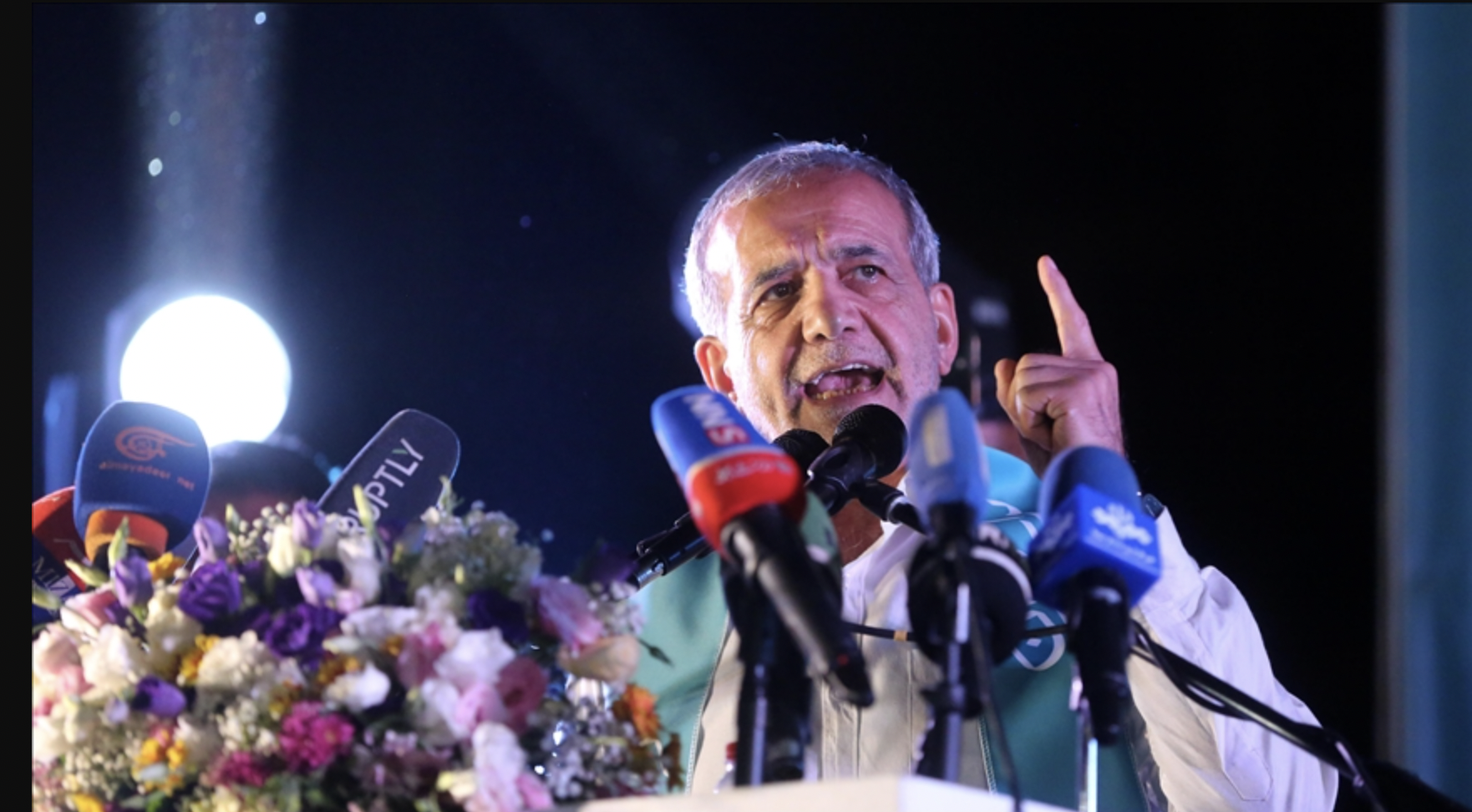ISLAMABAD ( WNAM REPORT): “Iran, under Dr Masoud Pezeshkian will encourage negotiations with the US, however, Iran’s nuclear policy will depend upon the US response,” said Mr Pooya Mirzaei, Editor-in-Chief of Nour News in Tehran. He was speaking on an event organized by Institute of Regional Studies on “Iran’s Presidential Elections: Implications on Foreign Policy” in Islamabad. He also mentioned that Iran entered a new phase under President Raisi where relations with the Persian Gulf states were normalized. He stressed that Iran’s policy towards the Middle East would remain the same under Dr Pezeshkian as well, however, security and intelligence cooperation of the Arab states with Israel would remain a contentious issue. He further stated that Iran’s nuclear policy was separate from its regional policy and any decision on the nuclear issue would depend on the US attitude towards Iran.
Earlier, in his keynote address, President IRS, Ambassador Jauhar Saleem, highlighted that Iran’s endeavour for global engagement since 2013 reinvigorated during late President Raisi’s tenure. Ambassador Saleem mentioned that Iran’s ‘Look East’ policy followed by President Raisi’s ‘Neighborhood First’ policy was a countermeasure to stalled nuclear talks with the US. It helped Iran in reviving its relations with the Arab states and consolidating its ties with the neighbouring countries.
Dr Hamed Reza, Secretary General of Asian Mayors Forum in Tehran, argued that major foreign policy decisions in Iran were taken by the Supreme National Security Council chaired by the President. Dr Reza felt that the revival of talks between Iran and the US was unlikely given the present circumstances. However, the crippling sanctions imposed on Iran actually strengthened its ties with neighbouring countries and Eastern powers, and cemented its status in the grouping of the emerging economies like BRICS and SCO.
Dr Maziar Mozaffari, Professor at the University of Tehran, talked about Iran’s transition from soft to smart power in the region based on its flourishing trade relations with regional states after 2021. Discussing the Iran-Pakistan Gas Pipeline, Dr Mozaffari emphasized that the project could address Pakistan’s energy crisis and strengthen economic ties between the two countries.
Mr Fraz Naqvi of the IRS noted that Iran’s foreign policy was marked by consistency and institutionalism. But since neighbouring states were Iran’s first priority in its foreign policy, it would be beneficial for Pak-Iran relations.
12


